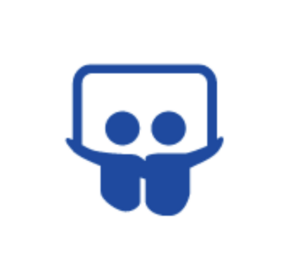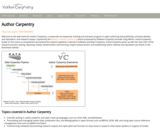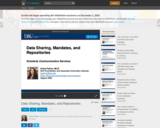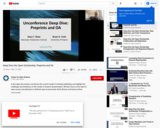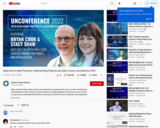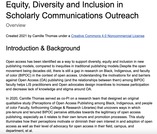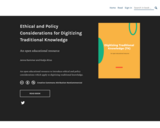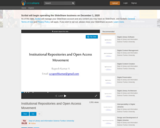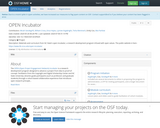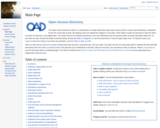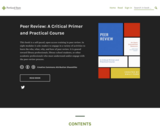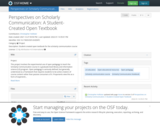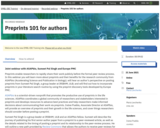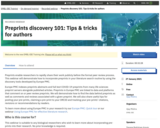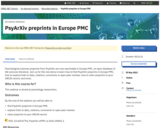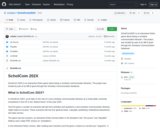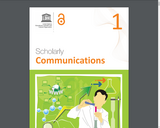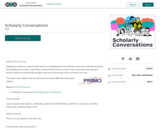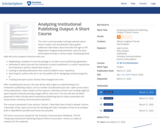
This short course provides training materials about how to create a set of publication data, gather additional information about the data through an API (Application Programming Interface), clean the data, and analyze the data in various ways. Developing these skills will assist academic librarians who are:
Negotiating a renewal of a journal package or an open access publishing agreement,
Interested in which journals the institution's authors published in or which repositories the institution’s authors shared their works in,
Looking to identify publications that could be added to your repository,
Searching for authors who do or do not publish OA for designing outreach programs, or
Tracking how open access choices have changed over time.
After completing the lessons, the user will be able to gain an understanding of an institution’s publishing output, such as number of publications per year, open access status of the publications, major funders of the research, estimates of how much funding might be spent towards article processing charges (APCs), and more. The user will also be better prepared to think critically about institutional publishing data to make sustainable and values-driven scholarly communications decisions.
The course is presented in two sections. Section 1 describes how to build a dataset. Section 2 describes a free, open source tool for working with data. Examples of how to do analyses both in OpenRefine and Microsoft Excel are provided.
This short course was created for the Scholarly Communication Notebook. The file "Analyzing Institutional Publishing Output-A Short Course.docx" serves as a table of contents for the materials.
- Subject:
- Applied Science
- Information Science
- Material Type:
- Unit of Study
- Author:
- Ana Enriquez
- Allison Langham-Putrow
- Date Added:
- 03/23/2022
